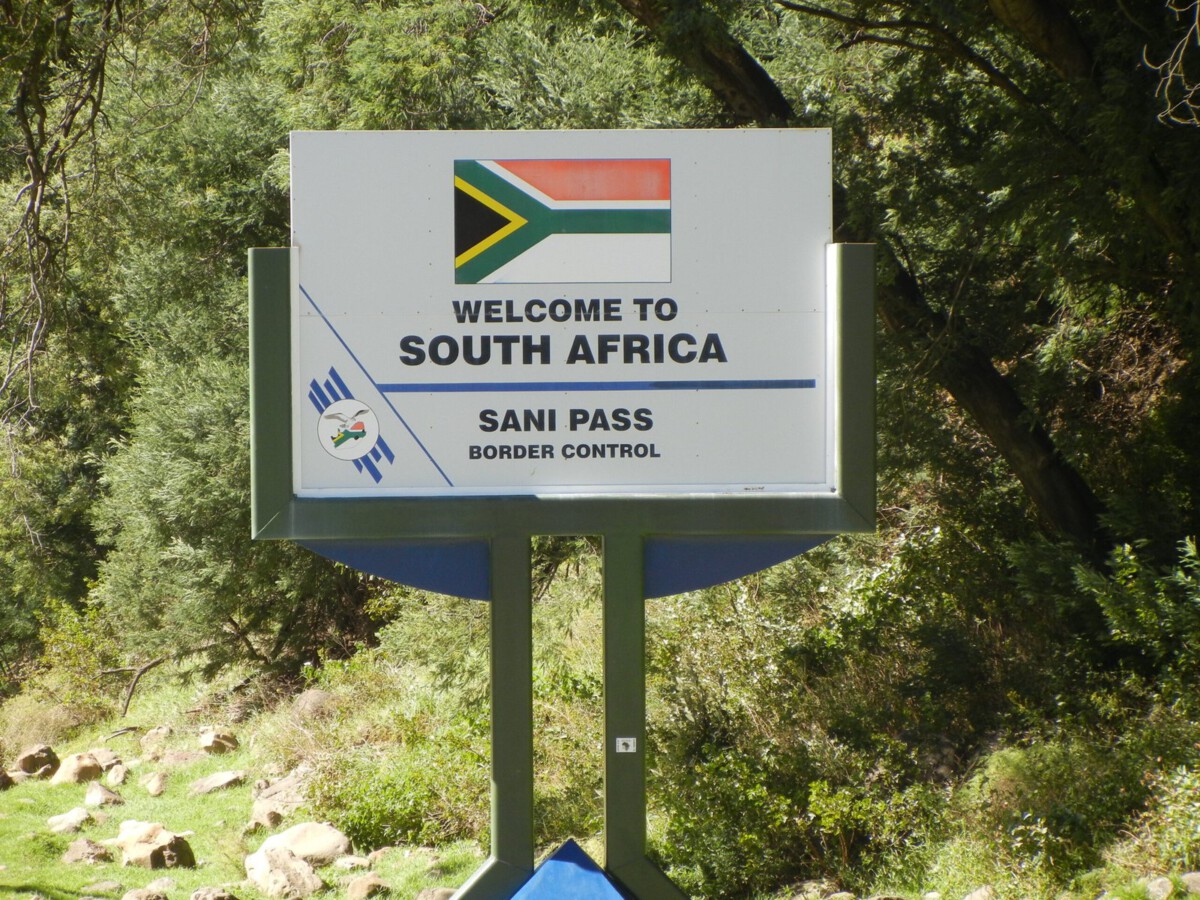China: Heightened Entry Regulations

China has emerged as one of the strictest countries when it comes to entry regulations for foreign visitors. Over the past year, travel to China has become increasingly challenging, with the government requiring proof of full COVID-19 vaccination and a negative PCR test taken within 48 hours before departure. These measures are strictly enforced at all entry points, and travelers arriving from countries considered “high-risk” often face additional scrutiny. Quarantine mandates remain in place for some categories of visitors, sometimes lasting up to a week in designated facilities. Many travelers have reported increased paperwork and more rigorous questioning upon arrival. Public health officials in China have warned that entry requirements could tighten even further if new COVID-19 variants emerge or if global case numbers rise. The government’s focus on safeguarding domestic health has significantly reshaped the travel experience, making spontaneous visits and tourism notably difficult.
Australia: Visa and Health Compliance Checks

Australia’s approach to border management has always been strict, but recent moves signal even more rigorous controls ahead. In 2024, the Australian Border Force stepped up its enforcement of health protocols, reporting a surge in denied entry cases for travelers failing to meet health requirements. Prospective visitors must now demonstrate not only a valid visa but also evidence of comprehensive health insurance. Health screenings at airports have become more common, with travelers subjected to temperature checks. The government has openly stated its intention to prioritize the health and safety of Australians, and officials have hinted that new waves of infection abroad could trigger near-instant entry bans for affected countries. These changes are particularly impacting tourists from regions with persistent outbreaks, leading to a more unpredictable and cautious travel climate.
India: E-Visa Limitations

India’s e-visa system was once celebrated for its convenience, but tighter controls have recently made it more difficult to obtain travel authorization. The Ministry of Home Affairs has begun to apply closer scrutiny to applications. In the past year, officials have reported a 30% increase in e-visa rejections, citing incomplete health documentation as a primary reason. Many applicants now need to provide detailed health records and may be required to submit additional certifications or undergo interviews. The government’s willingness to adapt entry rules quickly based on public health concerns means that travelers must monitor updates regularly. This evolving system has introduced a level of uncertainty for potential visitors, with last-minute changes and unexpected denials becoming more common.
Brazil: Vaccination Proof and Health Declarations

Brazil has recently revamped its entry requirements, introducing new layers of health screening for incoming visitors. As of early 2024, all travelers must show proof of COVID-19 vaccination and complete an online health declaration before departure. These documents are checked both at the airport and by airline staff prior to boarding. Reports from Brazilian border officials highlight a notable increase in denied entries due to incomplete forms or missing vaccination records. Health authorities in Brazil have stated that these measures are essential for controlling new outbreaks, especially as the country remains vigilant against emerging variants. Non-compliance can result in immediate deportation or mandatory quarantine at the traveler’s expense. The government continues to monitor the situation closely and has not ruled out tightening restrictions further if the international health landscape deteriorates.
Russia: Increased Visa Restrictions

Russia has long maintained a complex visa process, and recent changes indicate a move toward even greater regulation. In 2024, the government announced its intent to review and potentially revoke visas for travelers not meeting updated health standards, such as mandatory health insurance and proof of vaccination. This policy is being applied particularly stringently to visitors from regions with ongoing health crises. Experts in international travel law have noted that Russian authorities are now taking more time to process applications, often requesting supplementary documentation and imposing longer wait times. Some embassies have even suspended visa issuance for certain countries altogether, depending on global health developments. These increased barriers reflect both geopolitical tensions and a renewed emphasis on public health, leaving many would-be visitors frustrated and uncertain about their travel plans.
Japan: Health Monitoring and Entry Quotas

Japan’s cautious approach to reopening has led to some of the most advanced entry screening systems in the world. In 2024, travelers arriving in Japan must undergo temperature checks, fill out detailed health questionnaires, and, in some cases, submit to random COVID-19 testing at the airport. The government is also actively considering entry quotas, limiting the number of foreign arrivals allowed each day to manage public health risks. This policy has already led to longer wait times and a highly competitive environment for securing travel slots, especially during peak seasons. Japanese officials have emphasized that these measures are designed to protect local communities and prevent future outbreaks. Many international visitors have found themselves caught off guard by last-minute changes or additional requirements announced with little warning. The experience of traveling to Japan now demands careful planning and constant monitoring of official updates.
Thailand: Tourist Quota Systems

Thailand, famous for its vibrant tourism scene, is now contemplating a dramatic shift in how it manages foreign arrivals. In 2024, the government revealed plans to introduce tourist quotas during high-demand periods to address concerns about overcrowding and public health. Travelers may need to apply for permits in advance and compete for a limited number of entry slots, driving up prices and making spontaneous trips nearly impossible. Proof of vaccination remains mandatory, and health screenings at entry points have become routine. Thai officials have expressed concern about balancing economic benefits from tourism with the need to maintain health security. Some regions within Thailand are piloting new digital tracking systems for visitors, further increasing surveillance and compliance requirements. These changes signal a new era for tourism in Thailand, where access will be more exclusive and closely managed than ever before.
Canada: Stricter Entry Protocols

Canada has maintained a flexible approach to its border policy but remains quick to adapt to changing global health conditions. As of 2024, proof of COVID-19 vaccination is still required, and travelers can be selected at random for additional health checks upon arrival. The government has made it clear that these protocols could become even more stringent if the international situation worsens, with temporary entry bans for high-risk countries always a possibility. Increasingly, Canadian border officials are scrutinizing travelers’ documentation and health histories, leading to a rise in delayed or cancelled trips. Reports from the Canada Border Services Agency show that non-compliance with health rules has led to a significant uptick in travelers being turned away at the border. The unpredictability of these requirements has made planning a visit to Canada more challenging, particularly for those traveling from countries with active outbreaks.
South Africa: Health Compliance and Visa Checks

South Africa is intensifying its focus on health compliance as it seeks to rebuild its tourism industry. In 2024, the government began enforcing stricter visa checks, requiring visitors to submit health declarations and proof of vaccination as part of the application process. Travelers from countries with high infection rates are subject to even more rigorous review, often facing extended processing times or additional documentation requests. Border officials have reported an increase in denied entries due to incomplete paperwork or failure to meet new health standards. Authorities have emphasized that these measures are critical to protecting public health and preventing new waves of infection. As global health trends continue to shift, South Africa’s entry requirements are expected to remain fluid, making up-to-date information and compliance more important than ever for travelers planning a visit.





